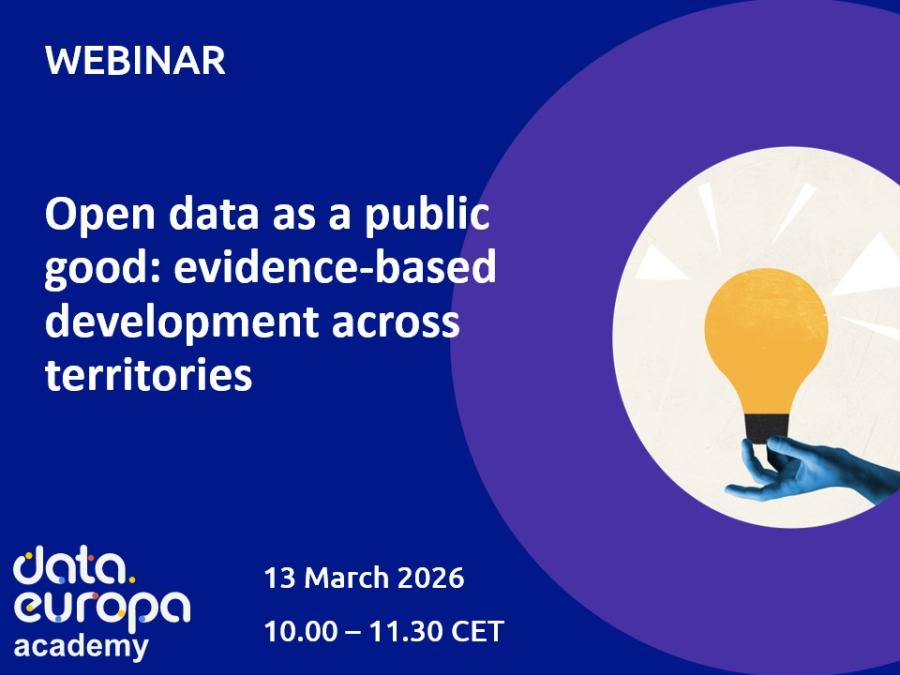Croatie
Blogs provenant de: Croatie
Il n’y a aucun article de blog actuellement
Use cases in: Croatie
The platform allows parents to find and compare kindergartens in the city of Zagreb. Users see a map where they can search for kindergartens in specific locations, kindergarten programs, or other themes. If a user clicks on a kindergarten, the contact details and a link to the public website of the kindergarten appears. Also, the tool allows people to rate a kindergarten and its services.
The platform allows parents to find and compare kindergartens in the city of Zagreb. Users see a map where they can search for kindergartens in specific locations, kindergarten programs, or other themes. If a user clicks on a kindergarten, the contact details and a link to the public website of the kindergarten appears. Also, the tool allows people to rate a kindergarten and its services.
The platform allows parents to find and compare kindergartens in the city of Zagreb. Users see a map where they can search for kindergartens in specific locations, kindergarten programs, or other themes. If a user clicks on a kindergarten, the contact details and a link to the public website of the kindergarten appears. Also, the tool allows people to rate a kindergarten and its services.
Rapports – Croatie

Événements concernant les données ouvertes – Croatie

Il n’y a aucun événement à venir actuellement
Open Data News in: Croatie







